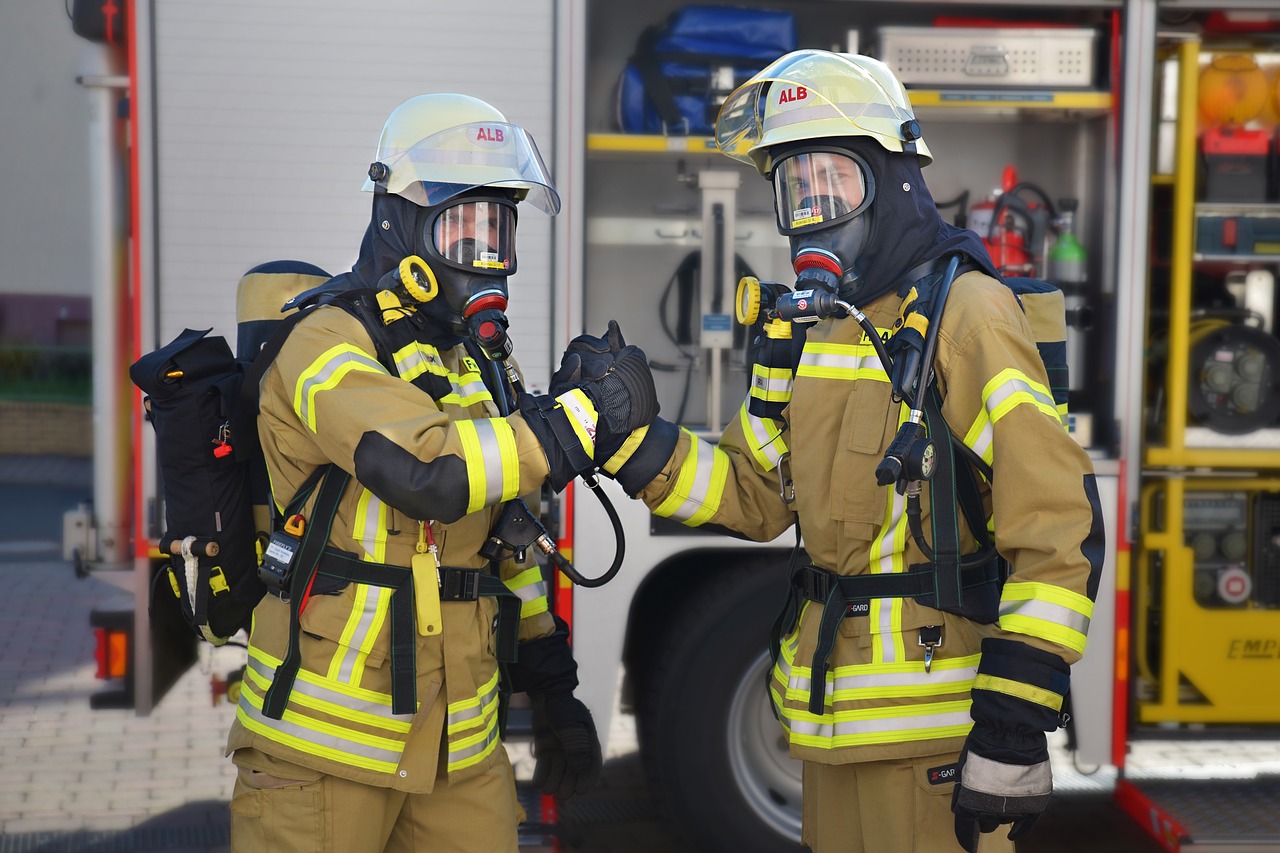Online training programs have become crucial for firefighters and volunteers looking to elevate their expertise and stay abreast of the latest advancements in the field. Through a variety of digital resources such as webinars, video tutorials, and interactive modules, participants can hone their skills, expand their knowledge, and ultimately be better equipped to handle emergency situations effectively. These online courses provide a convenient and flexible way for individuals to further their education and training in firefighting and emergency response.
Benefits of Online Training
Increased Accessibility
To meet the demands of busy firefighting schedules, online training offers flexibility for learners to access materials at their convenience. Firefighters and volunteers can enhance their skills and knowledge without being limited by time or location.
Cost-Effective
To provide cost-effective solutions, online training eliminates the need for travel, accommodation, and printed materials. This makes it an efficient way to deliver necessary training while reducing expenses for firefighting departments and volunteers.
With online training, resources can be accessed repeatedly without additional costs. This allows for continuous learning and development, maximizing the value of each training module.
Effective Online Training Methods
Webinars for Real-Time Engagement
With webinars, firefighters and volunteers can participate in real-time training sessions, engaging with instructors and fellow trainees. These interactive online seminars offer a dynamic platform for discussions, Q&A sessions, and collaborative learning.
Video Tutorials for Visual Learning
On-demand video tutorials provide visual demonstrations of firefighting techniques, equipment usage, and emergency response procedures. These concise and accessible videos allow learners to review and reinforce their knowledge at their own pace.
This visual learning method helps firefighters and volunteers develop a clear understanding of complex concepts, enhance their skills, and stay updated on the latest practices in the field.
Interactive Modules for Hands-On Practice
Learning through interactive modules allows participants to apply theoretical knowledge in simulated scenarios, fostering hands-on experience and critical thinking skills. These modules provide a practical approach to training by offering immersive exercises and realistic simulations.
Effective interactive modules enable firefighters and volunteers to enhance their decision-making capabilities, test their skills in a safe environment, and improve their overall performance in emergency situations.
Implementation Strategies
Identifying Training Needs
On the path to successfully implementing online training courses for firefighters and volunteers, it is crucial to identify the specific training needs of the target audience. Conducting surveys, gathering feedback from current training sessions, and consulting with experienced professionals can help pinpoint the exact skills and knowledge gaps that need to be addressed through the online courses.
Creating Engaging Content
Identifying the most effective ways to deliver information is key to creating engaging online content. Techniques such as storytelling, interactive quizzes, and real-life scenarios can enhance the learning experience and make the material more memorable for participants. Additionally, utilizing multimedia elements like videos, graphics, and animations can further captivate learners and keep them engaged throughout the course.
To ensure that the online training courses are effective, it is important to create content that is relevant, interactive, and easily digestible for the target audience. By incorporating a variety of engaging elements and multimedia, participants are more likely to retain the information and apply it in real-life scenarios.
Ensuring Technical Support
Identifying the technical support needs of participants is crucial in ensuring a smooth learning experience. Providing clear instructions on how to access the courses, troubleshoot common issues, and contact support staff can help alleviate any potential technical difficulties that participants may encounter. Additionally, offering online tutorials, FAQs, and live chat support can further assist participants in navigating the online training platform.
The provision of technical support is important to address any challenges that participants may face while accessing or navigating the online training courses. By offering a range of support options and resources, participants can feel confident in their ability to effectively engage with the material and complete the training successfully.
Final Words
Upon reflecting on the benefits of offering online training courses for firefighters and volunteers, it is evident that utilizing webinars, video tutorials, and interactive modules can greatly enhance their skills and knowledge. By embracing digital platforms, we can provide convenient and effective learning opportunities for these dedicated individuals, ultimately contributing to the safety and effectiveness of firefighting efforts. It is imperative to continue leveraging technology to empower firefighters and volunteers with the necessary tools to respond effectively to emergencies.


